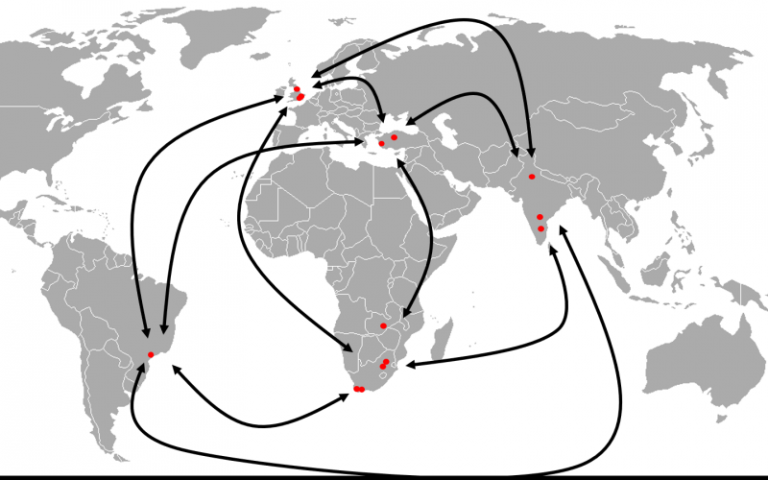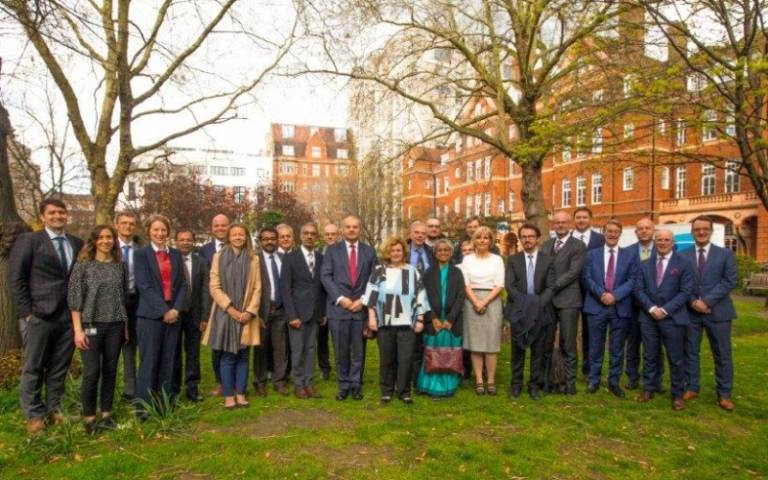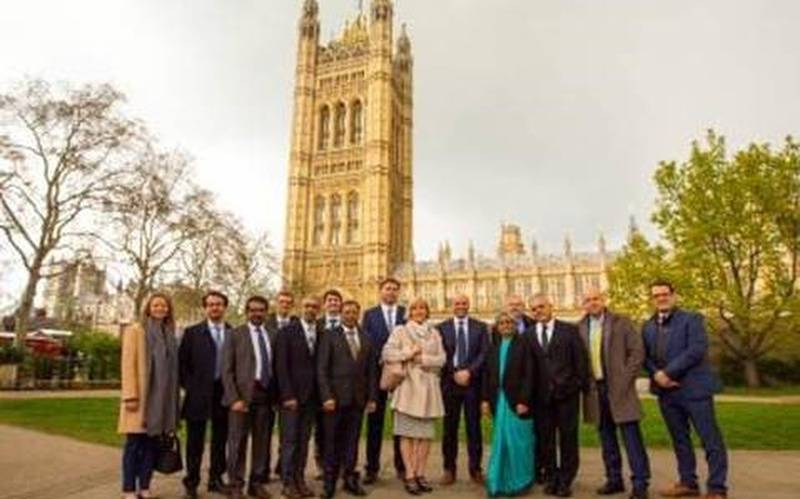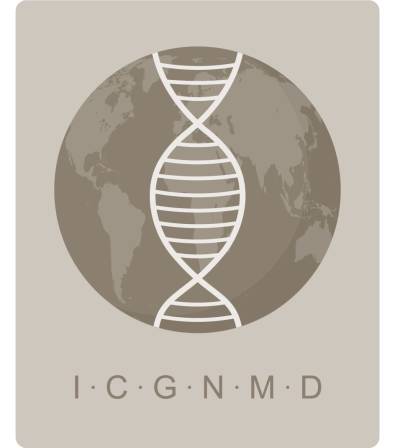About the ICGNMD

The ICGNMD works for people with Neuromuscular Diseases (NMDs) and their families. We:
- Bring together experts from all over the world to collaborate in diganosis and research in NMDs
- Train medical professionals who work with NMDs in genomic medicine, in their own countries
- Work to increase global access to genomic medicine, so more patients' care can be informed by genetic information
- Build a diverse world-wide cohort of patients with NMDs and their families, and increase their access to clinical trials.
- Our Mission:
To create a transcontinental genomics research and capacity building partnership between the UK and Official Development Assistance Lower and Middle Income Countries (ODA-LMICs) which include Brazil, India, South Africa, Turkey and Zambia. We will discover new disease genes, understand comparative genetic architecture and explore disease mechanisms. We will increase the number of patients with an accurate genetic diagnosis, build trial-ready cohorts, and ultimately improve health outcomes for patients with neuromuscular diseases drawn from a population of over 1.5 billion.
- Our Vision:
A mature transcontinental academic partnership led by a group of outstanding clinical academics graduated from our training programme. They will be an enduring legacy of expertise and will harness genomics to improve the lives and health outcomes of children and adults with neuromuscular diseases (NMDs) across the globe.
- Our Objectives:
1. Establish an international fellowship training programme to generate a group of highly trained clinical academics who will be a legacy of leaders in personalised genomic medicine in their countries. Fellows will establish enduring mutually beneficial collaborative scientific links with the UK NMD clinical and genetic expertise based in University College London (UCL), The University of Cambridge and Newcastle University.
2. Establish a core international bioinformatics platform, pipeline and cloud-based clinical and genetic database. Openly share phenotypic and genetic data, and encourage other LMICs to join this collaborative programme.
3. Build ethnically diverse 'trial-ready' cohorts of children and adults with NMDs which we will deeply phenotype and comprehensively genotype.
4. Identify known and new disease genes, and assess comparative genetic architecture of NMDs across four continents. Use this knowledge to understand phenotypic variability, disease progression and disease mechanisms.
5. Increase the number of patients in LMICs with a precise genetic diagnosis enabling delivery of a personalised disease management plan, based on care guidelines to identify and manage complications using widely available and cheap interventions to improve health outcomes.
6. Enhance genetic diagnostics in UK-based Indian, Brazilian, Turkish & African NMD patients.
7. Build sustainability after five years, through retention of trained fellows in LMICs and through collaboration with host institutions, patient organisations, and local healthcare providers.

The ICGNMD was officially launched by MRC Executive Chair Professor Fiona Watt in June 2019.

 Close
Close



